Enter a surname, town name or other keyword to search the database. Remember to
allow for the different spellings of 'Mc' and 'Mac.' Good luck!
{Search tips: Use single word search terms for more results}
You must enter some valid character(s) into the search field
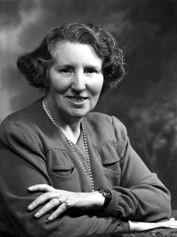
Reference: 42033b
Mrs McGrigor-Phillips a.k.a Do...
|
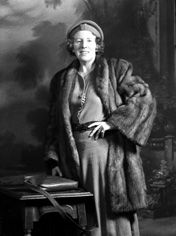
Reference: 42033a
Mrs McGrigor-Phillips a.k.a Do...
|
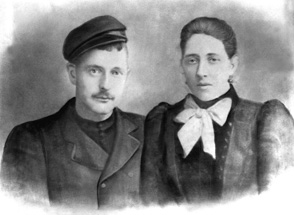
Reference: 677
Mrs Marwick, Avoch, Black Isle...
|
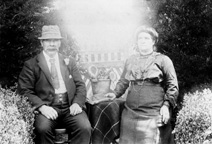
Reference: 877
Copy for Mrs Robertson, Old ...
|
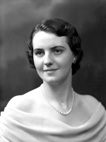
Reference: 43346l
Miss Smith, Avoch, Black Isle....
|
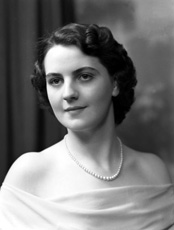
Reference: 43346k
Miss Smith, Avoch, Black Isle....
|
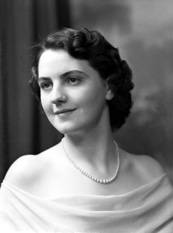
Reference: 43346j
Miss Smith, Avoch, Black Isle....
|
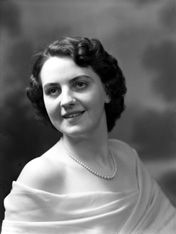
Reference: 43346i
Miss Smith, Avoch, Black Isle....
|
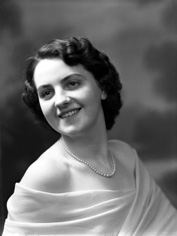
Reference: 43346h
Miss Smith, Avoch, Black Isle....
|
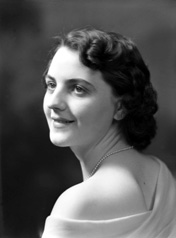
Reference: 43346g
Miss Smith, Avoch, Black Isle....
|
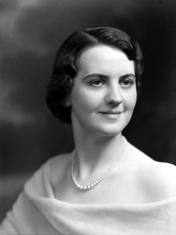
Reference: 43346f
Miss Smith, Avoch, Black Isle....
|
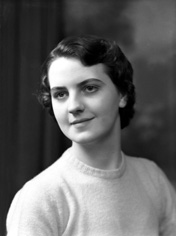
Reference: 43346e
Miss Smith, Avoch, Black Isle....
|